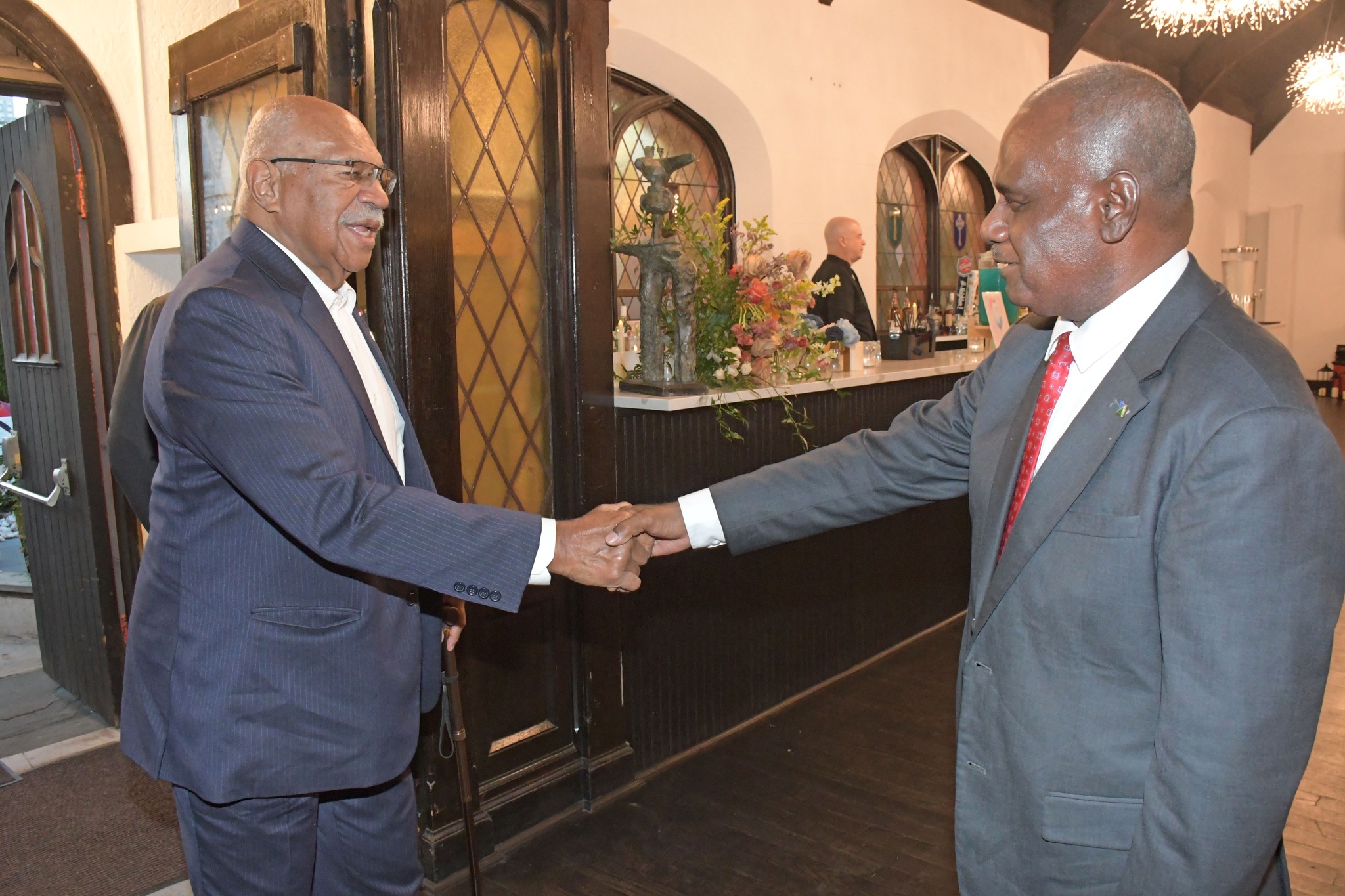BY JOHN HOUANIHAU
Mental health in the Solomon Islands has long been viewed through narrow lens, focusing mainly on conditions such as depression, suicide, dementia, and schizophrenia.
But experts say the reality goes much deeper, touching on everyday struggles that can impact a person’s ability to live a balanced life.
Dr Koen Sevenants, a consultant with the United Nations International Children’s Emergency Fund (UNICEF) for Mental Health and Psychosocial Support (MHPSS), said mental health challenges also include difficulties that may not always be recognized as clinical disorders.
“You can have emotional difficulties, maybe you don’t want to go to school or work anymore, isolate yourself and spend the whole day on TikTok or Facebook, or you cannot cope with losing someone you loved,” Dr Sevenants told provincial mental health coordinators during an Advance Training on Psychosocial Support (MHPSS) for Children and Families in Honiara.
He stressed that while these are mental health difficulties which one can learn to cope with, it can also deeply affect the quality of life.
Dr Sevenants said UNICEF’s focus is to equip provincial mental health coordinators with skills to support young people and families facing these everyday challenges.
He said that the aim of the training is to build resilience so communities can help individuals navigate grief, stress, and emotional hardship.
“Most children can recover through the love and support of their families and communities if the right steps are taken,” he said.
He said that the steps include providing safety, patience, understanding, and allowing children to express their feelings at their own pace.
Dr Sevenants advised against forcing children to forgive abusers or reintroducing them to perpetrators.
“Forgiveness is something beautiful, but it can only happen if the child is ready for it. It cannot be imposed by the church, the school, or even the parents.
“For children needing more than family and community support, UNICEF is building a workforce of trained coordinator professionals to help young people articulate complicated or shame emotions,” he said.
Dr Sevenants highlighted that they have seen in this training that it is possible, and they are confident they will get there.
“We have seen in this training that it is possible, and we are confident we will get there. Most importantly, we hope parents and young people will take the step to seek out certified mental health coordinators because we know they will do no harm, and they can help,” he said.
For feedback, contact:[email protected]




